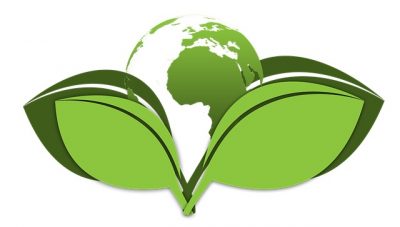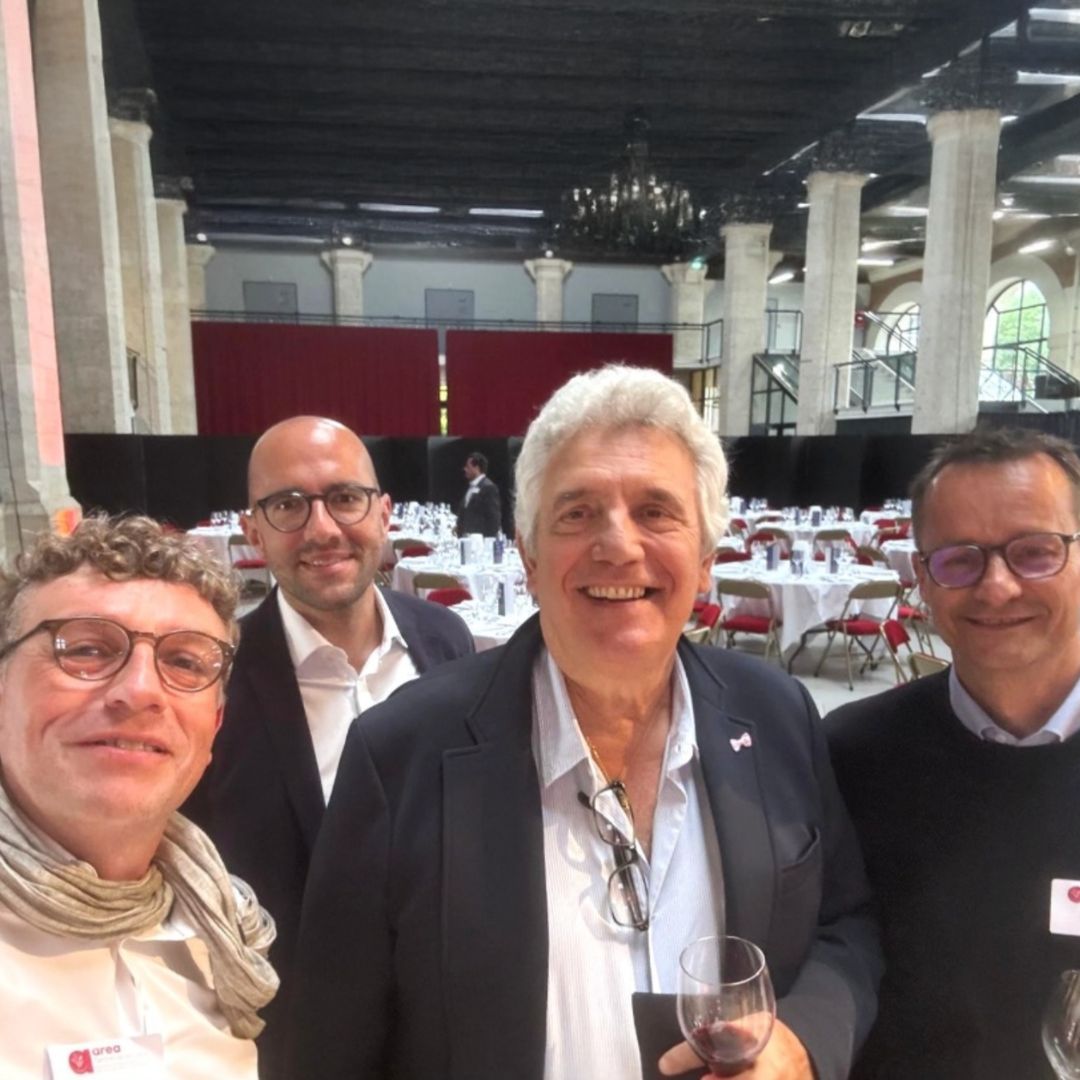
Since April 2021, organic has experienced a very marked slowdown. All surface areas combined, the growth of organic sales has continued to decline since 2015 (from +15% to +12% over the period 2015-2020).
In France, if organic has already experienced setbacks in the past, it could actually appeal less to households than before. How to explain it?
- Consumers seem to be turning more to local and fair trade
- A market whose offer is constantly growing, but not always in a qualitative way, with in particular products marked organic but whose recipes could be questionable
- New labels such as HVE (High Environmental Value) which bring confusion about the value of the organic label
- Doubts are emerging about organic and its impact on health
- A price difference is +25-50% in France between organic and non-organic products, which constitutes an obstacle, especially in times of economic uncertainty
In terms of employment, organic has offered multiple opportunities for the past ten years (an increase five times greater between 2012 and 2017) with an increase in the number of companies at all stages of the food chain: there are 201,000 jobs related with organic farming in 2020, most recent data.
So how do we restore growth for organic, which actually seems to be a better way to produce food?
- Take the time to communicate to the consumer about what organic is, its added value for health in particular, its imperfections too and rationalize the labels
- Reassure and explain its procedures with “pure players” in particular
- Keep close to producers, in particular by building supply chains and with products that must remain organic and good (essential in food!)
- In recruitment, it is essential for “conviction” brands to surround themselves with convinced and passionate employees, who will be able to promote their approach to organic.
The new European regulations offer great prospects. From this year, producers from third countries will now have to respect the same rules:
- Stricter import rules
- Cearer labeling
- Extension of the list of organic products)
- Fair competition between producers in the Member States of the European Union
They will also have to offer consumers a harmonization of the quality standards of organic products on the market (whether these products are produced in the EU or not).
These articles might interest you

We Almost Played Handball with Claude Onesta
Leadership and Performance: What Companies Can Learn from Elite Sports At the AREA Centre-Val de Loire Gala, Claude Onesta, former head coach of the French handball team, delivered an inspiring and practical management lesson by blending his elite sports experience with business challenges. Aurélien VÉTAULT and Louis-Simon FAURE were present to hear a […]

We visited… The DIRCA congress in Angers
Leading Through Uncertainty: Key Takeaways from the DIRCA Annual Congress As agricultural and agri-food cooperatives face a series of profound changes — environmental transitions, regulatory pressures, and technological upheaval — the question of leadership has never been more central. The 2025 DIRCA Congress, the annual gathering of senior executives from the agricultural and agri-food cooperative […]

Interim management: when experience meets AI
From the ground to the table, AI will have taken just a few months to establish itself at every level of the value chain and reshuffle the cards. AI is optimising logistics, reducing waste and streamlining customer paths. The key role of interim management But while […]